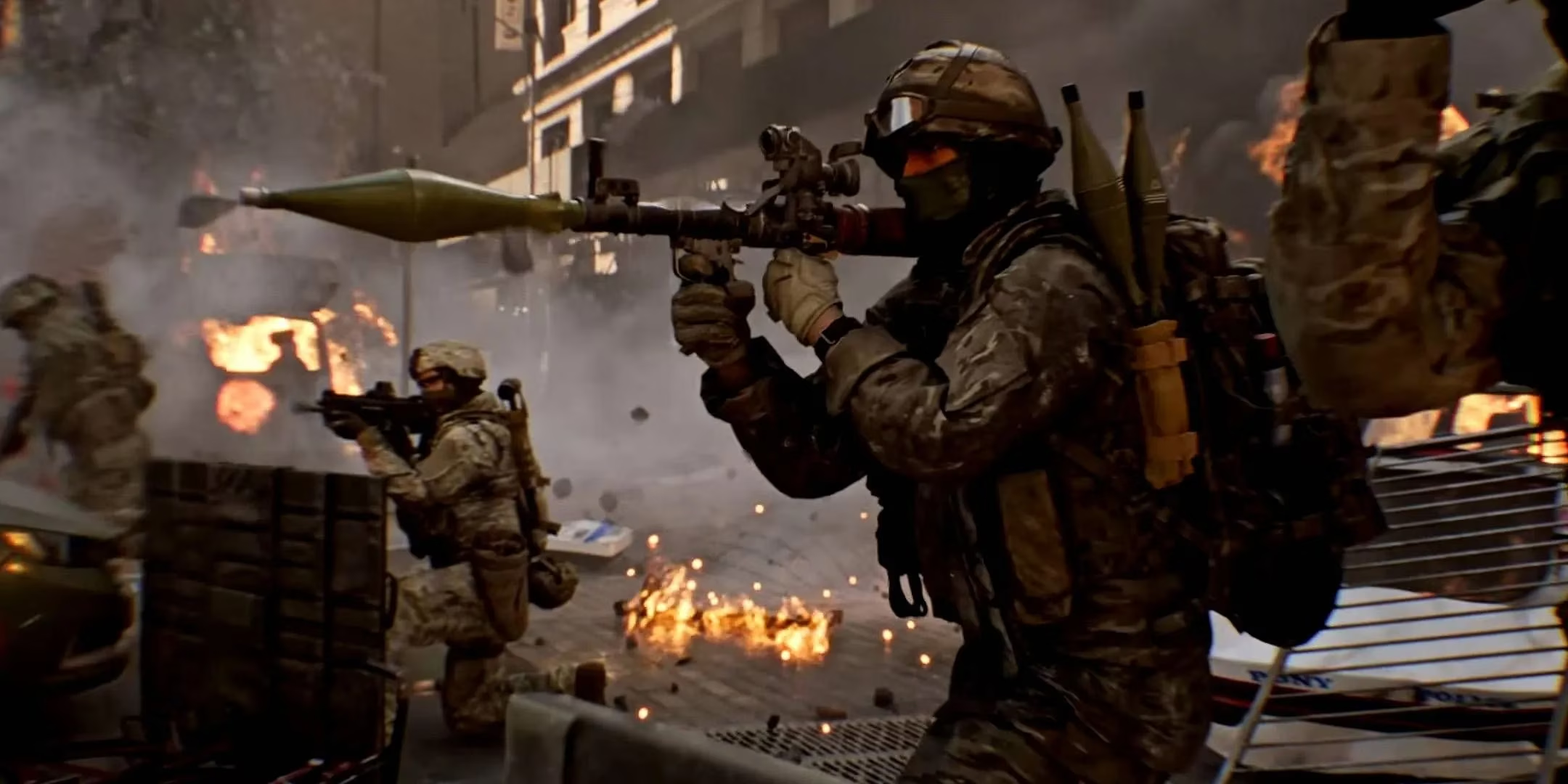Battlefield 6's Anti-Cheat Demand: Choosing Between Virtual Battlefields
Discover the intense anti-cheat conflicts impacting Battlefield 6 and Valorant, revealing security challenges and privacy concerns in gaming's digital battlefield.
As the October launch of Battlefield 6 approaches, I can't help but marvel at the tidal wave of anticipation surrounding this title. With the biggest Open Beta in franchise history crashing through player records like a tsunami through sandcastles, even former executives are boldly predicting it'll "boot stomp" this year's Call of Duty. Yet beneath this glittering surface lurks a dilemma that's forcing PC players like myself into impossible choices. I recently booted up the beta only to confront an ultimatum flashing across my screen: uninstall Valorant to proceed. This isn't some petty rivalry between gaming giants—it's a fundamental collision between two fortress-like anti-cheat systems refusing to coexist in the same digital kingdom.
The Anti-Cheat Cold War Escalates
EA's proprietary Javelin software and Riot's Vanguard program operate like two nuclear submarines in the same trench—both demanding exclusive deep-sea access while refusing to acknowledge the other's right to navigate those waters. This kernel-level standoff creates a digital Mexican standoff where:
-
🔒 Both require Secure Boot activation
-
🔑 Both demand administrator-level permissions
-
⚔️ Both claim sole sovereignty over system resources
It's left me feeling like a child of divorced parents, forced to choose which household to inhabit. The irony? EA has already thwarted over 330,000 cheating attempts in the beta, proving their fortress mentality works, yet the collateral damage fractures our gaming ecosystem.
Why Valorant Became the Unwanted Guest
What fascinates me is how this conflict specifically targets Valorant while leaving other games unscathed. When I tested Genshin Impact alongside Battlefield 6, they coexisted peacefully like neighboring villages separated by mountains. But Valorant? It's become the digital equivalent of mixing bleach and ammonia—creating toxic fumes when combined with Javelin. This selective incompatibility suggests either:
-
🧩 A very specific resource allocation clash
-
🛡️ Deliberate design choices by anti-cheat developers
-
💥 Accidental coding conflicts with catastrophic consequences
One Reddit user's discovery about Genshin's compatibility adds layers to this mystery—why does one combination ignite while others don't even spark?
Kernel Controversy: Guardians or Gatekeepers?
The real philosophical quagmire emerges when we examine kernel-level access itself. These anti-cheat systems are like overzealous bouncers who demand to live in your home rent-free, rummaging through every drawer while promising security. I appreciate EA's aggressive stance against cheaters—after all, nothing ruins immersion faster than god-mode hackers. But at what point does protection become digital authoritarianism?
Consider these unsettling parallels:
| Security Measure | Protection Benefit | Privacy Cost |
|---|---|---|
| Kernel-level access | Near-perfect cheat detection | Constant system surveillance |
| Hardware bans | Prevents repeat offenders | Permanent device restrictions |
| Behavioral analysis | Catches subtle cheats | Player activity profiling |
It's like installing bank vault doors in a suburban home—effective against thieves but transforming your living space into a fortress.
People Also Ask
Why can't both anti-cheat systems run simultaneously?
Imagine two generals demanding exclusive command of the same army—the resulting chaos would cripple operations. Similarly, kernel-level access requires unfiltered system control that can't be shared without risking catastrophic conflicts.
Does this mean I have to permanently uninstall Valorant?
Currently, yes for seamless play. But like feuding neighbors forced into mediation, there's hope that future updates or player workarounds might establish DMZ zones between these warring programs.
Are console players affected?
Surprisingly no. This digital Cold War remains exclusively a PC battlefield, where open architectures become both blessing and curse.
The Unseen Battlefields
What unsettles me most is how this conflict mirrors broader tech industry tensions. The anti-cheat standoff resembles streaming platform exclusivity wars, where content becomes hostage to corporate rivalries. It's also reminiscent of incompatible smart home ecosystems—where choosing Apple HomeKit locks you out of Google Nest's full potential.
As launch day looms, I'm left wondering if we're witnessing gaming's "Mutually Assured Destruction" era. Developers armoring their games like medieval castles with impenetrable walls might keep invaders out, but they also isolate allies and fracture kingdoms. Perhaps the ultimate victory against cheaters shouldn't come at the cost of forcing players into digital exile from other beloved worlds. After all, shouldn't gaming unite rather than divide?